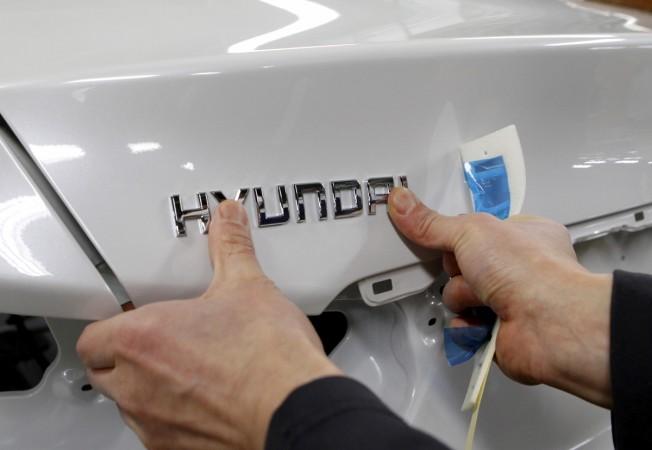
Hyundai's shares slid to eight-year lows after the worker's union said on Monday that nearly three-fourths of its 44,782 voters approved the strike action. It added that union negotiators would meet later on Tuesday to decide plans for walkouts.
The union, which started this year's talks on May 3, walked out of the negotiations in late June, after the company proposed wage increases and bonuses which the union said fell short of expectations.
"Business conditions are tough as net profit continues to decrease," Ha Eon-tae, an executive, said during the talks, according to the union's internal note seen by Reuters. "We have taken into account the U.S.-China trade war and U.S. protectionist tariff policy (when proposing the wages)," he said, according to the note.
"While the strike will help reduce inventory for some low-selling cars, it will disrupt production of higher-demand SUVs," said Cho Soo-hong, an analyst at NH Investment & Securities.
"It is difficult for the company to give generous bonuses when profits are deteriorating. Potential U.S. tariffs may also force Hyundai to boost U.S. production, which will lead to reduced local output," he said.
Hyundai Motor said over the weekend that the U.S. tariffs of up to 25 percent "would be devastating to Hyundai Motor", adding to its U.S. production costs by about 10 percent.
Complicating the talks, Hyundai Motor in June submitted a letter of intent to consider investing in a proposed contract car manufacturing plant in the southwestern city of Gwangju, which triggered a backlash from its union worried about job security and lower wages.
This year, the union is demanding a 5.3 percent increase in basic monthly wage and a performance pay totalling 30 percent of the automaker's 2017 net profit.
"Hyundai Motor's union will participate in talks when there are requests from the management," the union said in a statement. "We have not been able to narrow differences in key issues, making it difficult to reach a preliminary deal easily."
Hyundai Motor, the world's fifth-biggest automaker together with affiliate Kia Motors, has been hit by strikes in all but four years since the union was formed in 1987. In most of the years, striking workers and management have struck compromise wage deals to restore normalcy to operations.

















